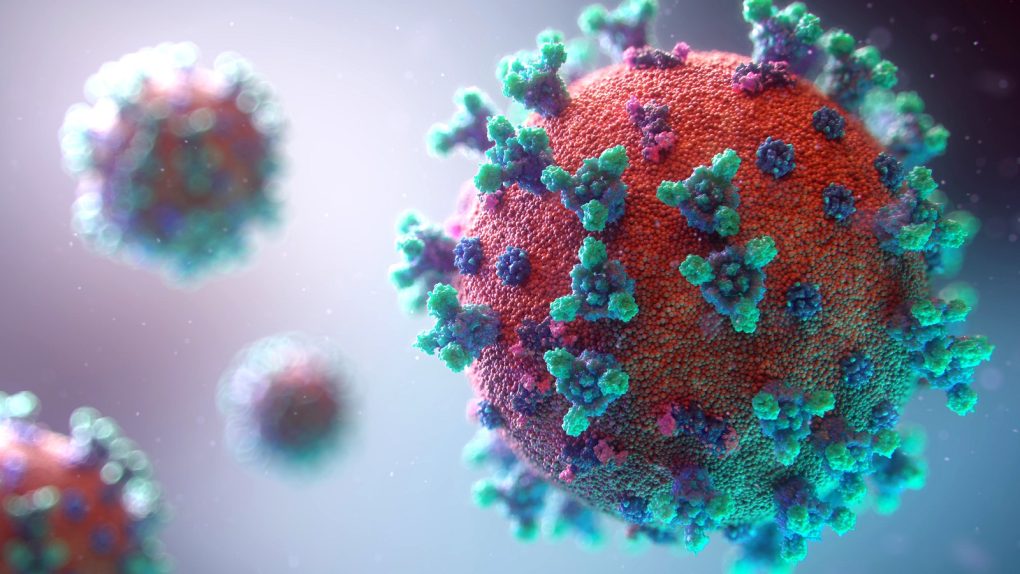- New research finds that delirium can often be one of the first indicators of a coronavirus infection, but the general public is unaware of this telltale sign of COVID-19.
- Delirium encompasses a number of cognitive issues, including memory loss, disturbed sleep, and confusion.
One of the more challenging aspects of diagnosing a coronavirus infection is that many COVID-19 symptoms — such as fatigue, fever, and body aches –align almost perfectly with symptoms we associate with the flu. Still, health experts and researchers over the past few months have noticed a small handful of coronavirus symptoms that do not manifest with a flu infection, with the sudden loss of taste and smell being a prime example.
More recently, researchers from The Open Universitat Oberta de Catalunya in Barcelona observed yet another coronavirus symptom that doesn’t typically occur with a flu infection: delirium. As a quick primer, delirium is a broad term that encompasses a wide range of cognitive issues such as confusion, memory loss, difficulty concentrating, abrupt mood changes, sleep issues, and more.
The study was recently published in the HSOA Journal of Clinical Immunology and Immunotherapy and relays that delirium can often be one of the earliest indications of coronavirus infection.
The study reads in part:
New and emerging evidence suggest that delirium onset and/or development in the context of SARS-CoV-2 infection is possibly due to multiple factors, including (1) hypoxia and oxygen deficiency of the brain, (2) neuronal inflammation due to cytokine storm as a result of a strong activation of the immune system, and/or (3) direct CNS invasion and neuronal toxicity.
Hypoxia, a condition in which the body and/or a region of the body, such as the brain, is deprived of oxygen at the tissue level, can result in neuronal swelling and brain edema which can lead to neurological and brain damages.
“Delirium is a state of confusion in which the person feels out of touch with reality, as if they are dreaming,” UOC researcher Javier Correa said. “We need to be on the alert, particularly in an epidemiological situation like this, because an individual presenting certain signs of confusion may be an indication of infection.”
The research here is interesting, and perhaps not surprising, given that a decline in cognitive function is also a common condition in patients who continue to experience coronavirus symptoms weeks and months after their initial diagnosis.
Earlier this month, a research study involving 84,000 coronavirus patients found that individuals who endured severe symptoms experienced a decline in brain function months after recovery. In some instances, the decline was equivalent to the brain aging 10 years.
According to the May Clinic, the onset of delirium is typically sudden. A full list of symptoms can be viewed below:
Reduced awareness of the environment
- An inability to stay focused on a topic or to switch topics
- Getting stuck on an idea rather than responding to questions or conversation
- Being easily distracted by unimportant things
- Being withdrawn, with little or no activity or little response to the environment
Poor thinking skills (cognitive impairment)
- Poor memory, particularly of recent events
- Disorientation — for example, not knowing where you are or who you are
- Difficulty speaking or recalling words
- Rambling or nonsense speech
- Trouble understanding speech
- Difficulty reading or writing
Behavior changes
- Seeing things that don’t exist (hallucinations)
- Restlessness, agitation, or combative behavior
- Calling out, moaning, or making other sounds
- Being quiet and withdrawn — especially in older adults
- Slowed movement or lethargy
- Disturbed sleep habits
- Reversal of night-day sleep-wake cycle
Emotional disturbances
- Anxiety, fear, or paranoia
- Depression
- Irritability or anger
- A sense of feeling elated (euphoria)
- Apathy
- Rapid and unpredictable mood shifts
- Personality changes








